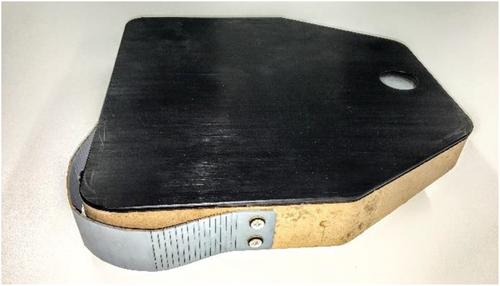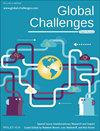Sustainable Engineering Design in Education: A Pilot Study of Teaching Right-to-Repair Principles through Project-Based Learning
IF 4.4
4区 综合性期刊
Q1 MULTIDISCIPLINARY SCIENCES
引用次数: 0
Abstract
Over 60 million tons of E‐waste is expected to be generated in 2023, with associated significant impacts on health and the environment. To reduce the number of products sent to landfills, “Right to Repair” (RtR) movements are gaining momentum in many countries, including the UK, USA, and EU member states. While Universities are seen as important stakeholders to drive forward sustainable design practices, there is currently little work looking at training undergraduate design engineers in the principles of designing household products in support of RtR. In particular, the project‐based learning (PBL) pedagogy shows promise in engaging and training students with the skills and knowledge required to successfully design products for RtR. In this paper, a pilot‐study of teaching engineers is presented to design products compatible with RtR principles, alongside many technical skills, in a first‐year PBL course. The key outputs of this paper are the design of the module, which can be used to help inform first‐year engineering education, the high engagement of students, with 100% of respondents agreeing that they intend to try to implement sustainable design practices in future, and some of the innovative features that students implement in their projects.

教育中的可持续工程设计:通过项目学习教学修复权原则的试点研究。
预计2023年将产生6000多万吨电子垃圾,对健康和环境产生重大影响。为了减少被送往垃圾填埋场的产品数量,包括英国、美国和欧盟成员国在内的许多国家的“维修权”运动势头越来越猛。虽然大学被视为推动可持续设计实践的重要利益相关者,但目前很少有工作致力于培训本科生设计工程师,使其掌握设计家居产品的原则,以支持RtR。特别是,基于项目的学习(PBL)教学法在吸引和培训具有成功设计RtR产品所需技能和知识的学生方面显示出了希望。在本文中,在PBL的一年级课程中,对教学工程师进行了一项试点研究,以设计符合RtR原理以及许多技术技能的产品。本文的主要成果是该模块的设计,该模块可用于帮助告知一年级工程教育、学生的高度参与度,100%的受访者同意他们打算在未来尝试实施可持续的设计实践,以及学生在项目中实施的一些创新功能。
本文章由计算机程序翻译,如有差异,请以英文原文为准。
求助全文
约1分钟内获得全文
求助全文

 求助内容:
求助内容: 应助结果提醒方式:
应助结果提醒方式:


